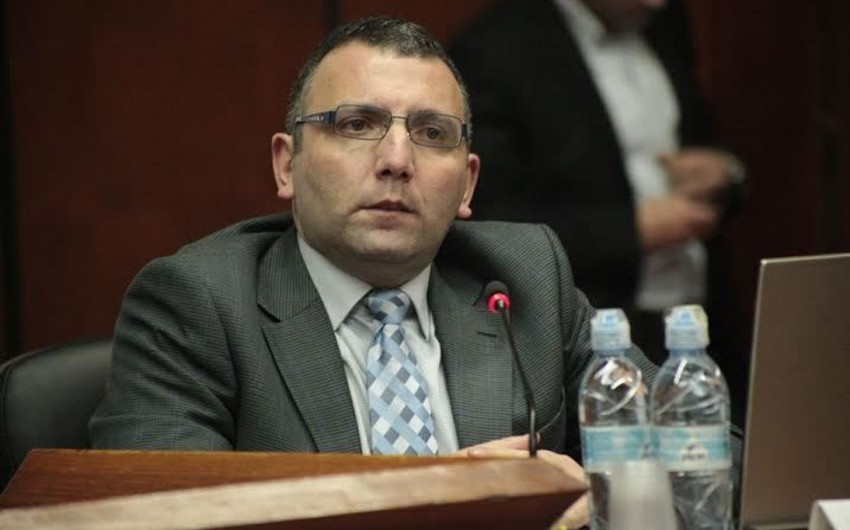Report interviews Arye Gut, a famous Israeli expert in international relations.
- It is generally accepted that the Armenian-Azerbaijani conflict is over. However, constant provocations and persisting violations of ceasefire from the Armenian side do not promote peace in the region...
- I can say that the war is over. It was a real war crowned by the brilliant victory of the Azerbaijani army. The Nagorno-Karabakh conflict is over, and a new reality created by Azerbaijan has emerged in the region. The question is whether Armenia is ready to accept this reality? In this sense, the conflict is not over. Armenians say that these are their territories. I have been to the liberated territories. Armenians made the hay of these areas. They destroyed everything there. Moreover, those territories are entirely mined. Who would mine and ruin his regions? As if a barbarian tribe has swept through there...
With the support of such friendly countries as Israel and Turkey, Azerbaijan is clearing the liberated territories of mines and rebuilding them. Armenia has no other way out than to build cooperation with Azerbaijan. Armenia's new leadership understands it well. The revanchist sentiments will lead to Armenia's yet another fiasco and bring it to a stalemate.
Azerbaijan is restoring its territories and wants peace. However, as a famous saying goes: "If you want peace, prepare for war." Therefore, Azerbaijan needs to strengthen its army and build up its military potential. As Azerbaijan borders such a provocative state as Armenia, it should always be ready for various challenges.
- Armenian media outlets are actively discussing the possible confrontation between Russia, Turkey, and Iran in the region and proxy wars. Could you please share your opinion about it?
- Each of the countries you mentioned has its geopolitical interests in the region. Russia is currently the biggest guarantor of security in the South Caucasus, as it mainly ensures tranquility in a pretty complicated region. Turkey is not simply a friendly and brotherly country for Azerbaijan. It is also an ally, and the Shusha declaration was signed by no accident. Iran pursues its interests in the South Caucasus.
Azerbaijan is maneuvering skillfully in this anything but simple labyrinth by offering projects of regional cooperation, which take into account the interests of all the mentioned countries. Azerbaijan is a powerful regional player, and Russia, Turkey, and Iran understand it well. I do not think that these countries are interested in proxy wars. It is now the time of changes, the time of new geopolitical and geoeconomic projects in the South Caucasus, in which Azerbaijan is playing a key role.
- And the last question... Conflicts and various confrontations have erupted in our region throughout history. Do you think sustainable peace in the South Caucasus is possible?
- Over the past 30 years, the South Caucasus was plagued by conflicts, including the Armenian-Azerbaijani conflict and confrontation between Russia and Georgia. Azerbaijan's example has demonstrated the supremacy of international law after the country restored its territorial integrity. It is clear that the interests of many major powers are concentrated in the South Caucasus region. Therefore, peace is possible only if there is a robust Azerbaijani army and the country's powerful economy to resist various challenges and provocations. Azerbaijan stands for sustainable and durable peace in the South Caucasus, offering geopolitical projects which were hardly imaginable just five years ago. Another question is whether critical regional players want real and stable peace in this region...


 https://static.report.az/photo/da79231c-686f-4aa4-8cf0-2b8935a4c9d7.jpg
https://static.report.az/photo/da79231c-686f-4aa4-8cf0-2b8935a4c9d7.jpg

